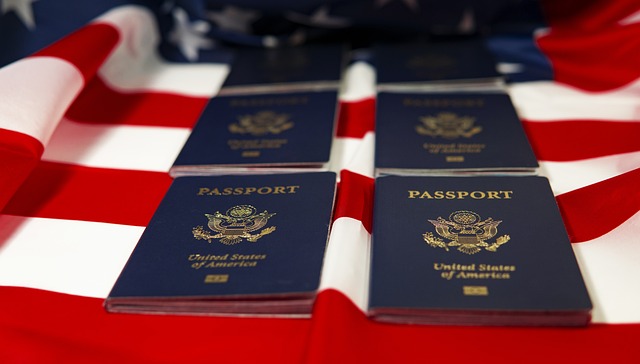How to Apply for a Family Reunification Visa in Italy

Family reunification is a fundamental right under Italian and EU law, allowing non-EU citizens residing legally in Italy to bring their close family members to join them. This process ensures that families can live together and maintain their bonds while complying with immigration regulations. Below is a step-by-step guide on how to apply for a family reunification visa in Italy.
1. Understand Eligibility Requirements
Before applying, ensure that both the sponsor (the person already residing in Italy) and the applicant (family member seeking reunification) meet the eligibility criteria:
For the Sponsor:
- Must hold a valid residence permit in Italy.
- Must have stable and regular income sufficient to support the family member(s).
- Must have suitable housing conditions to accommodate the family member(s).
Eligible Family Members:
- Spouse or registered partner.
- Minor children (including adopted children).
- Dependent adult children (in exceptional cases, such as disability).
- Dependent parents (only if the sponsor is the sole caregiver and no other family members can provide support).
2. Gather Required Documents
Both the sponsor and the applicant must prepare specific documentation. The exact requirements may vary depending on the Italian consulate or embassy, but generally include:
For the Sponsor:
- Valid passport and residence permit.
- Proof of income (e.g., pay slips, employment contract, tax returns).
- Certificate of suitable accommodation (e.g., rental agreement, property ownership documents).
- Declaration of family reunification intent (available at local police headquarters or Questura).
- Copy of the family member’s passport.
For the Applicant:
- Completed visa application form.
- Valid passport with at least two blank pages.
- Birth certificate (for children) or marriage certificate (for spouses), translated into Italian and legalized/apostilled.
- Medical certificate proving good health and absence of contagious diseases.
- Criminal record clearance from the applicant’s home country.
- Passport-sized photos meeting Italian visa specifications.
3. Submit the Declaration of Family Reunification
The sponsor must first submit a Declaration of Family Reunification (Dichiarazione di Ricongiungimento Familiare) to the local police headquarters (Questura) in Italy. This step confirms the sponsor’s intention to bring their family member(s) to Italy.
- Visit the Questura in person with all required documents.
- Pay any applicable fees (usually around €80–€100).
- Once approved, the Questura will issue a Nulla Osta (authorization) for family reunification, which is valid for 6 months.
4. Apply for the Visa at the Italian Consulate
Once the Nulla Osta is issued, the applicant can proceed with the visa application at the Italian consulate or embassy in their home country.
Steps:
- Schedule an appointment with the consulate.
- Submit the completed application form along with all required documents.
- Attend the visa interview, if required.
- Pay the visa processing fee (typically around €116).
Processing times vary but usually take between 30 to 90 days. During this period, the consulate may request additional information or conduct background checks.
5. Travel to Italy
If the visa is approved, the applicant will receive a family reunification visa stamped in their passport. They must travel to Italy within the validity period of the visa (usually 3 months).
Upon arrival:
- Register with the local municipality (Comune) within 8 days.
- Apply for a residence permit (Permesso di Soggiorno) at the post office using the kit provided specifically for family reunification.
- Attend biometric data collection and submit the completed application to the Questura.
6. Obtain the Residence Permit
After submitting the residence permit application, the applicant will undergo fingerprinting and photo capture. The residence permit is typically issued within 30–60 days and allows the family member to legally reside and work in Italy.
7. Renewal and Integration
- Family reunification residence permits are usually valid for 1–2 years and renewable as long as the sponsor maintains their legal status and financial stability.
- Family members are encouraged to integrate into Italian society by learning the language and understanding local customs.
Important Notes and Tips
- Language Barrier: Many documents need to be translated into Italian by a certified translator and legalized (apostille stamp) if required.
- Financial Requirements: The sponsor’s income must exceed the minimum threshold set by Italian law, which varies annually. For example, in 2023, the threshold was approximately €5,880 per year plus an additional €2,940 for each dependent.
- Dependent Parents: Reuniting with parents is more restrictive and requires proof that they cannot be cared for in their home country.
- Legal Assistance: Consider hiring an immigration lawyer or consultant to navigate complex procedures and avoid errors.



